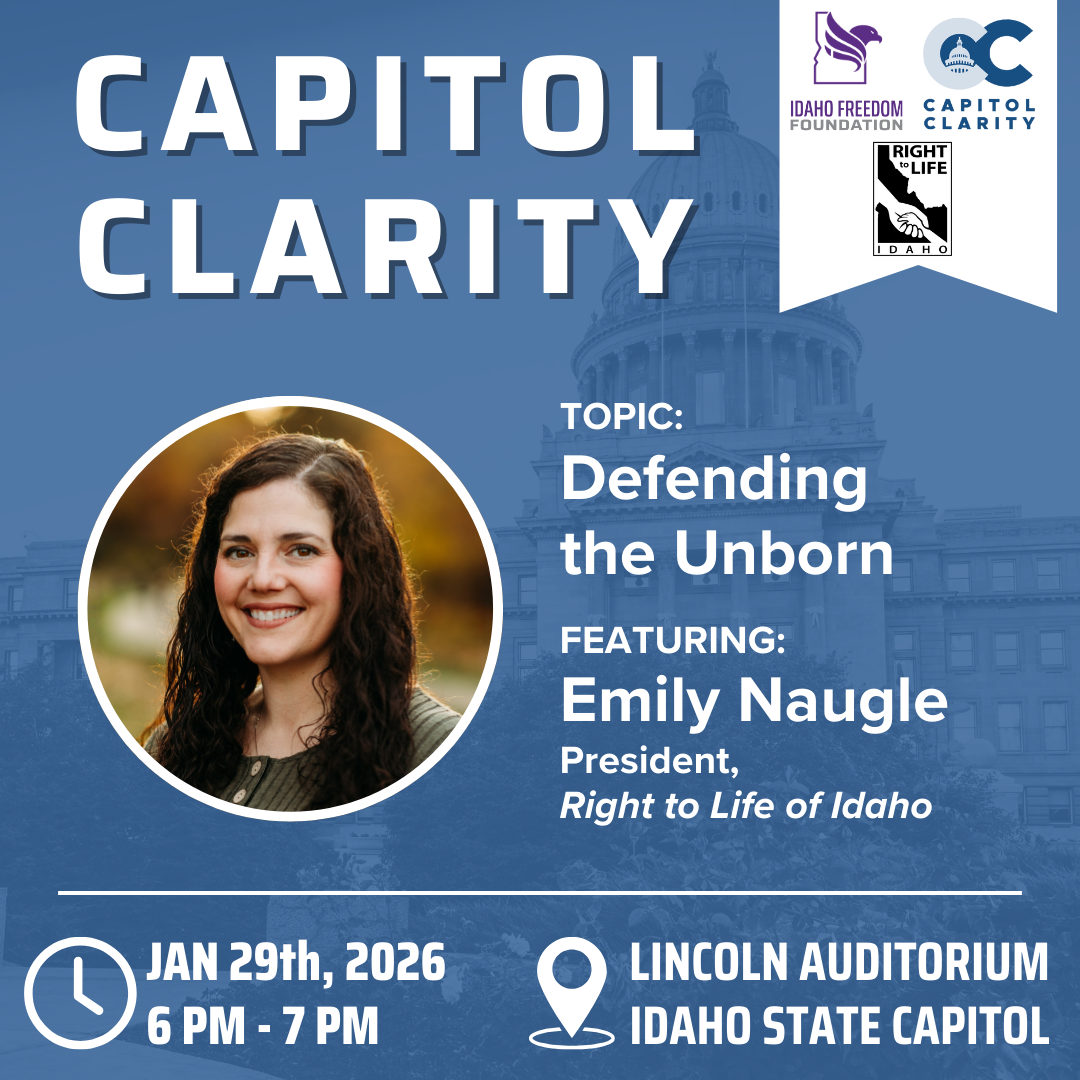


In Lewiston, city officials are considering an ordinance that would provide special deals for businesses that create 30 jobs or more and make multimillion dollar investments in the city. The proposal comes as the state and Nez Perce counties have raised taxes on most everyone while showering big businesses with special breaks.
Credit Lewiston with at least committing its proposal to writing. Too many other taxing districts in the state are making it up as they go, forgiving local taxes and fees on a case-by-case basis. That doesn’t make Lewiston’s proposal better, just legible. The proposal offers to relieve businesses of the burden of paying certain fees and receiving expedited handling by government officials if certain conditions are met.
To decide who benefits and who doesn’t, Lewiston proposes to evaluate the “number and quality of jobs created” and the “strength of public benefit to the city of Lewiston, including benefits to existing businesses in the city of Lewiston by virtue of the proposed business being within the supply chain, or building on an existing economic cluster, such as ammunitions, paper products, boat builders, viticulture, value added agriculture, or information technology.” In other words, the government will decide which sectors of the economy deserve special consideration and which don’t. Because government is so good at knowing the difference.
The city government also proposes to review the “level of the applicant’s creditworthiness and financial strength.” Question: Where does the city government derive expertise to examine the health of a business’s balance sheet or market viability? Furthermore, if a business already has the financial wherewithal to pay its fees and taxes, why is the government waiving them for the capable and pushing the costs to those who aren’t? It’s like buying a steak dinner for Bruce Wayne and making Oliver Twist pick up the tab.
Supporters of these kinds of deals contend government must offer incentives to lure companies or to keep them from fleeing. In reality, companies lured here or anywhere on the promise of a waived fee or temporary tax abatement aren’t planning to stay for the long term. And companies that threaten to leave otherwise are merely resorting to extortion, which should neither be encouraged nor tolerated. It’s also important to realize government officials like to offer incentives so that they can take credit for economic development, even if jobs and capital investments would have occurred without them.
Most important, these special deals mean higher costs for everyone else. When a business is excused from paying for water and sewer hookups, those costs don’t disappear. They’re absorbed by all the other ratepayers in the system. When the state forgives a company’s income, sales and employment tax liabilities, other taxpayers are compelled to make up the difference in tax revenue to pay for additional government services. And when property taxes are abated for the select few, as was just announced for ammo maker Vista Outdoor’s expansion in Nez Perce County, the rest of the taxpayers are compelled to pay higher taxes to compensate for the company’s forgiven property tax liability.
Last month, the Nez Perce County commissioners voted to collect as much property tax as they could under the law. The commissioners blamed their decision on rising criminal-defense costs. But they’re overlooking their own decisions to give breaks to Vista Outdoor and Clearwater Paper, another big, local employer.
A few days ago, Bonner County struck a deal to excuse Litehouse Inc., which makes salad dressing, from having to pay property taxes on its expansion. Meanwhile, local officials have decided that taxes are going up for most everyone else in the company’s hometown of Sandpoint.
If low taxes are good for Vista Outdoor, Clearwater Paper and Litehouse Inc, you can bet they’re good for small businesses with smaller margins and fewer employees. It’s time state and local officials start recognizing this and consider how to make expenses lower for all Idaho businesses, and not for just a select, chosen few.


